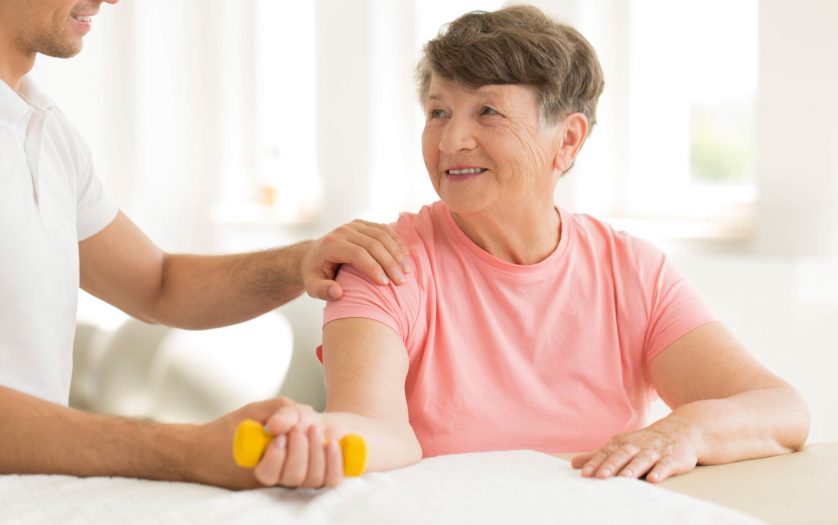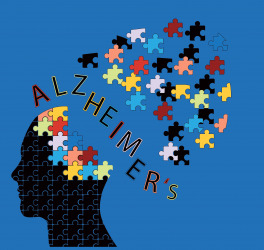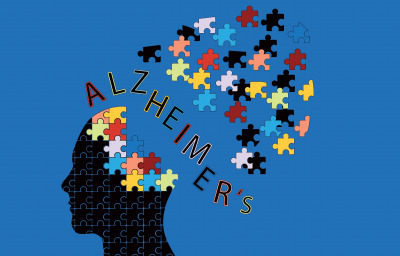
Stroke is a leading cause of death in women in Australia, that’s despite more than 80 per cent being preventable.
This Women’s Health Week (September 5-11), Stroke Foundation is urging people to know the signs of stroke and reduce their risk.
“It’s a common misconception that strokes only happen to the elderly, or people with underlying health conditions. Stroke claim more lives than breast cancer and can occur to anyone at any time, including pregnant women and even babies,” Stroke Foundation Chief Executive Officer Sharon McGowan said.
“Although in Australia women generally have a lower lifetime risk of stroke than men, we see that their survival, recovery and quality of life is often worse compared to men. This is partly due to women having strokes at older ages than men, but it is possible that access to treatments may play a role.”
A stroke happens when the blood supply to part of a person’s brain is cut off. Without blood, brain cells can be damaged or die. When a stroke strikes, it attacks up to 1.9 million brain cells per minute.
Ms McGowan is urging women to be aware of their stroke risk to mark the national awareness week.
“Some simple things you can do to reduce your risk include quitting smoking, eating a balanced diet, staying active and avoiding alcohol,” Ms McGowan said.
She also recommends that women check in with their GP for a general health check including a blood pressure measurement.
There is also increasing evidence that women who suffered from complications in pregnancy like high blood pressure or diabetes have a higher risk of stroke than women that did not have these
complications. Women who experienced these conditions should talk to their GP or specialist about their stroke risk factors, with blood pressure management being particularly important.
“High blood pressure is the greatest modifiable risk factor for stroke, and a quick and easy blood pressure check can be all it takes for someone to change their lifestyle and reduce their risk,” Ms
McGowan said.
“I actually didn’t realise I had high blood pressure until I had my blood pressure checked as part of a Stroke Foundation campaign a few years ago. Now my blood pressure is under control, but it could have been a very different outcome.”
The message from the Stroke Foundation is to call triple zero (000) at the first sign of stroke and learn the F.A.S.T (Face, Arms, Speech and Time) acronym so you can respond quickly, saving lives and reducing disability.








